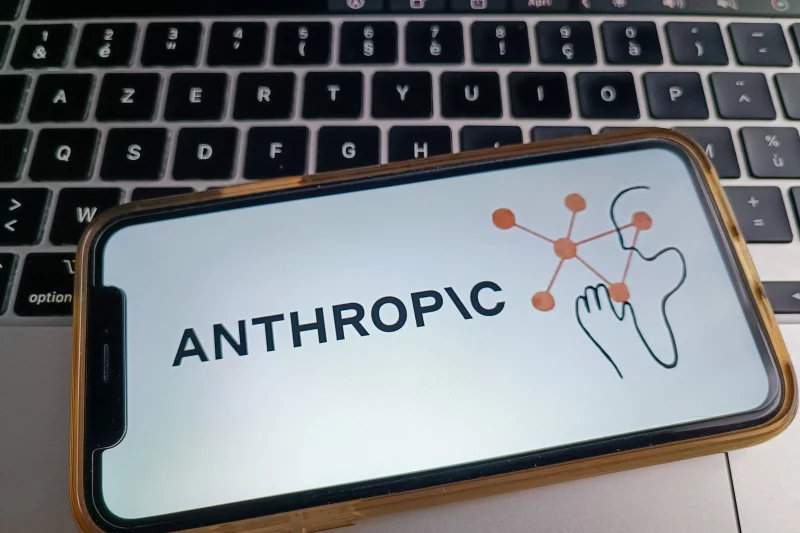Anthropic’s landmark $1.5 billion copyright settlement with authors has triggered what industry insiders are calling the “Great AI Apology Tour,” as artificial intelligence companies scramble to avoid similar legal challenges by proactively reaching out to content creators they may have inadvertently borrowed from.
The settlement, which provides approximately $3,000 per book to an estimated 500,000 authors whose works were used to train Claude AI, has prompted other tech giants to launch preemptive compensation programs. Sources familiar with the matter report that OpenAI has begun sending $50 Starbucks gift cards to anyone who has ever posted on Reddit, while Google’s DeepMind division is reportedly considering retroactive royalty payments to Wikipedia editors.
“We’re entering a new era of creator-centric AI development,” said Dr. Patricia Hendricks, a digital rights attorney not involved in the case. “Companies are realizing it’s cheaper to pay upfront than deal with billion-dollar settlements later.”
The settlement stems from allegations that Anthropic downloaded 7 million pirated books to train its AI models, a practice the court distinguished from legitimate fair use applications. Judge William Alsup’s partial ruling in favor of Anthropic regarding training methodology created what lawyers are calling a “download versus process” legal framework that other AI firms are scrambling to understand.
Meta has announced plans to hire an army of “Content Courtesy Coordinators” to personally thank every Facebook user whose posts contributed to AI training data. The coordinators will reportedly deliver handwritten thank-you notes along with branded merchandise to users’ homes.
Meanwhile, smaller AI startups are taking more creative approaches. Startup Synthesis AI has begun hosting “Data Appreciation Dinners” for writers whose work appears in their training sets, while another company launched a “Creators First” program offering co-writing credits on any AI-generated content that draws inspiration from specific authors’ styles.
The ripple effects extend beyond content creators. Stock photography companies report a surge in AI firms purchasing “training-safe” image licenses, with some tech giants buying entire shutterstock catalogs as insurance against future visual copyright claims.
“The days of ‘ask for forgiveness, not permission’ are ending,” explained tech industry analyst Marcus Chen. “We’re moving toward a ‘permission, then payment, then more payment just to be safe’ model.”
Industry observers note the irony that AI companies’ solutions to copyright infringement increasingly resemble the traditional media licensing deals they initially hoped to disrupt. Anthropic’s $1.5 billion settlement, while substantial, represents just a fraction of the company’s recent $13 billion funding round, suggesting that major players view these costs as an acceptable business expense.
The Authors Guild called the settlement “a watershed moment,” while smaller writers’ organizations are reportedly preparing similar lawsuits against other AI companies, encouraged by what they see as a favorable legal precedent for creator compensation.

